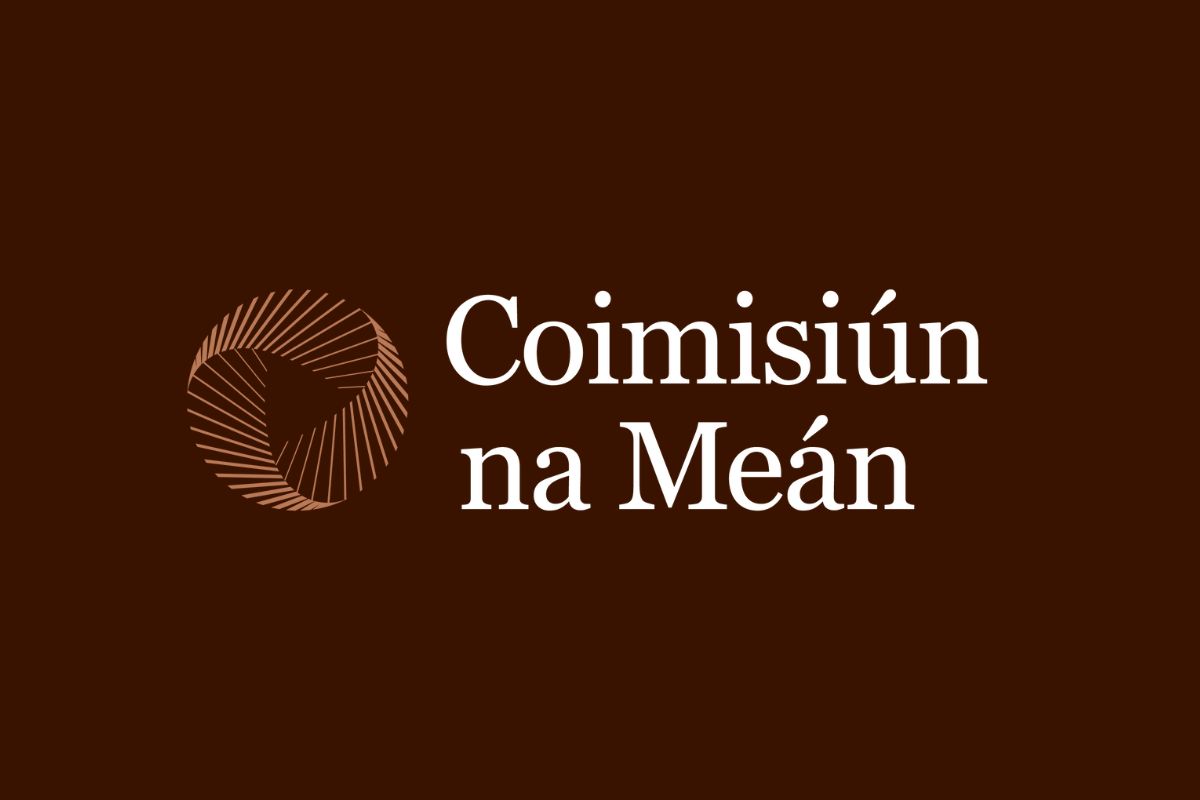The Local Democracy and Court Reporting Schemes will support the creation of high quality accessible public journalism.
€6 million has been allocated for the Journalism Schemes in 2024
Coimisiún na Meán has today (17.07.2024) launched our new Journalism Schemes which will support both the media sector and high-quality journalism across Ireland. The Schemes aim to supplement and enhance coverage of local authorities and district and circuit court hearings and have been established following a recommendation from the Report of the Future of Media Commission.
Funding will also be made available for proposals for public interest journalism in long form. In this context, funding will be available to assist media service providers to undertake in-depth focus pieces or series on either a broad range of issues arising from coverage of local authorities/other democratic fora or arising from courts coverage or related matters.
€6 million has been allocated for the Journalism Schemes in 2024 thanks to funding secured by the Minister for Tourism, Culture, Arts, Gaeltacht, Sports and Media, Catherine Martin TD. This funding covers the grants and the administration costs of the Scheme.
The new Journalism Schemes will be open to applications from journalists and media outlets, including broadcast, print and online platforms, in both the Irish and English languages. To be eligible, applicants will be required to demonstrate editorial expertise, capacity and track-record, and must also be a regulated entity, or affiliated with a regulated entity.
Commenting on the launch of the Journalism Schemes, Media Development Commissioner at Coimisiún na Meán, Rónán Ó Domhnaill said: “We are delighted to be launching our Journalism Schemes for local democracy and court reporting today. This is the first opportunity for Coimisiún na Meán to offer direct support to promote high-quality and trusted journalism for local communities across Ireland on a platform-neutral basis. This is the first time print and online news providers can be supported this way.
“These new Schemes are being introduced on a pilot basis and will be reviewed subsequently, with feedback received and the stakeholder engagement contributing to the development of future funding initiatives and schemes. We would like to encourage all eligible applicants to apply for funding and we look forward to receiving feedback on the implementation of these new Schemes.”
Minister for Tourism, Culture, Arts, Gaeltacht, Sport and Media, Catherine Martin TD commented: “I warmly welcome the launch of the Local Democracy and Courts Reporting Schemes by Coimisiún na Meán today. A strong, diverse and free media sector, of which local and regional news are a vital component, is essential for democracy and for our society as a whole. The Schemes mark a new departure by the State to support public interest journalism at a time when traditional journalism is under pressure.
The €6m I secured in Budget 2024 for the new Schemes will help support quality, independent public interest journalism that provides an essential service to the public as well as the plurality, sustainability and integrity of our media.”
All content funded will be made freely available to the public, not less than 7 days after its initial publication, and will be uploaded by Coimisiún na Meán to its website.
The launch of the Schemes follows a public consultation in April this year, with many submissions highlighting the Schemes’ importance in sustaining a healthy democracy and informing and engaging citizens. The responses also generally expressed satisfaction with the approach proposed by An Coimisiún.
Coimisiún na Meán is now inviting applicants to apply for funding under the new pilot Journalism Schemes. The Guide for Applicants can be found here:
• Local Democracy Reporting Scheme (English)
• Local Democracy Reporting Scheme (Irish)
• Courts Reporting Scheme (English)
• Courts Reporting Scheme (Irish)
The closing date for completed applications for both Schemes is 12 noon, 17th September 2024. Application forms can be found here:
• Local Democracy Reporting Scheme application form (English)
• Local Democracy Reporting Scheme application form (Irish)
• Ancillary Measure Local Democracy Reporting Scheme (English)
• Ancillary Measure Local Democracy Reporting Scheme (Irish)
• Courts Reporting Scheme application form (English)
• Courts Reporting Scheme application form (Irish)
• Ancillary Measure Courts Reporting Scheme (English)
• Ancillary Measure Courts Reporting Scheme (Irish)
More information on the Schemes can be found on our website here.








